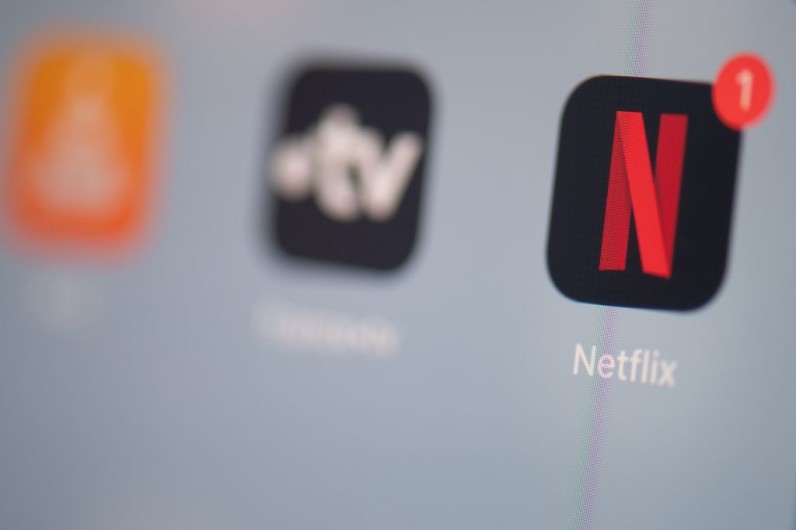
As streaming service prices increase, major Hollywood studios are lobbying Congress to reintroduce a previously unsuccessful anti-piracy law to combat the surge in video piracy, per 9to5mac.
Why Hollywood Studios Wants A Tougher Anti-Piracy Law
The skyrocketing prices of subscription streaming services have prompted concerns about affordability, with the average American now spending close to a thousand dollars annually. This surge was ignited by major price hikes across various platforms last year, including Apple TV+, Disney+, Hulu, Warner Bros.' HBO Max, and Netflix.
Rising piracy rates have bucked a previous downward trend. The Motion Picture Association (MPA), representing major studios like Paramount, Sony, Universal, and Disney, is urging lawmakers to pass legislation to address the issue.
Specifically, MPA CEO Charles Rivkin is advocating for the ability to compel internet service providers (ISPs) to block access to pirate sites, citing site blocking as a targeted legal tactic to disrupt digital piracy.
However, this proposal mirrors the failed attempt in 2011 with the Stop Online Piracy Act (SOPA), which sparked widespread protests and was ultimately abandoned due to objections over free speech concerns.
For context, the Stop Online Piracy Act (SOPA) faced serious opposition and ultimately failed for several reasons. Firstly, it raised concerns about free speech due to its broad language and potential to stifle online expression. Critics argued that SOPA could empower authorities to censor legitimate websites and hinder innovation on the internet.
Secondly, the proposed legislation sparked widespread protests from the internet community, including major websites like Wikipedia and Google, which staged online protests and blackouts to raise awareness about the potential negative impact of SOPA.
Additionally, while Hollywood and other content industries supported SOPA, tech companies and internet activists lobbied against it, leading to a heated debate in Congress.
Despite this historical setback, the MPA consistently pushes for a renewed effort. However, some are raising questions about the potential effectiveness of such measures and the likelihood of success in light of past opposition.







Join the Conversation